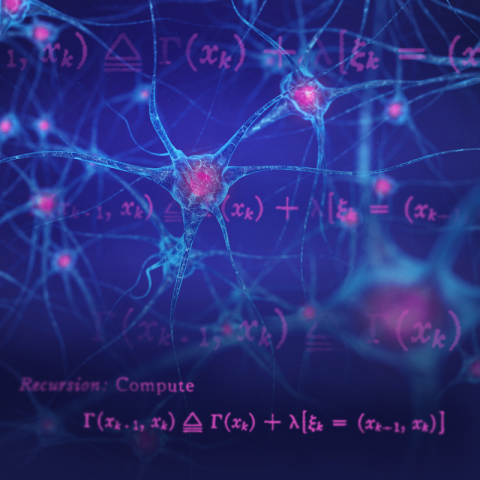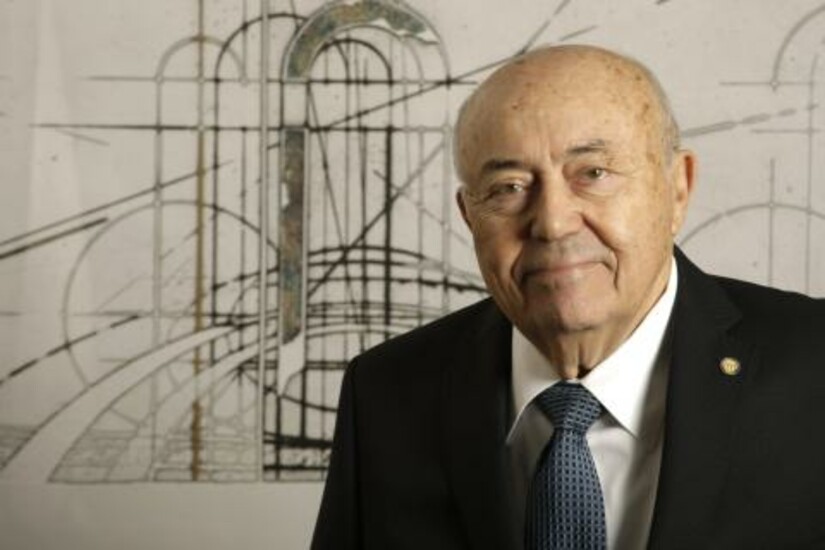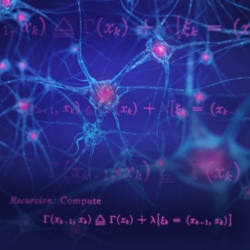From Genetic Sequencing to Text Messages
CAMBRIDGE, MA – Nearly one in three babies admitted to neonatal intensive care units are born with symptoms that their doctors cannot explain. Genetic sequencing can help shorten the stressful period while parents wait for clinicians to conduct many tests in search of a diagnosis, and can be 10 times less expensive. The algorithm that plays a key role in unraveling genetic mysteries also helped enable Americans to send more than nine trillion SMS text messages over the past five years, and is integral to countless other telecommunications applications. In recognition of the widespread benefit to society created by his algorithm over the past six decades, Andrew Viterbi will receive the $500,000 Charles Stark Draper Prize for Engineering on Feb. 16, 2016.
“The Viterbi algorithm has enabled innovation across multiple disciplines,” said Draper President and CEO Kaigham J. Gabriel. “Its pervasive impact has enabled technology that plays a critical role today in fields as diverse as medicine, national security, and commercial telecommunications.”
Viterbi created his algorithm in 1967 as a way of decoding convoluted data. He later co-founded Qualcomm Inc.
Draper has built upon the Viterbi algorithm during its development of communication systems that can overcome signal interference. This capability is particularly critical with the devices that the company has developed for the U.S. government that can defeat jamming attempts when transmitting over satellite and aerial links. By reducing computational complexity, it has also helped reduce power requirements for wireless communications hardware, helping Draper to build tiny devices for national security customers. The Viterbi algorithm may also help open doors for Draper in the future as the company develops systems that can comb through big data to look for patterns ranging from software vulnerabilities to brain signals that cause neuropsychological illness.
The Charles Stark Draper Prize for Engineering was established by the National Academy of Engineering and endowed by Draper to honor the memory of “Doc” Draper, the “father of inertial navigation,” and to increase public understanding of the contributions of engineering and technology to the freedom and well-being of humanity. The prize is awarded annually.
Released January 5, 2016




